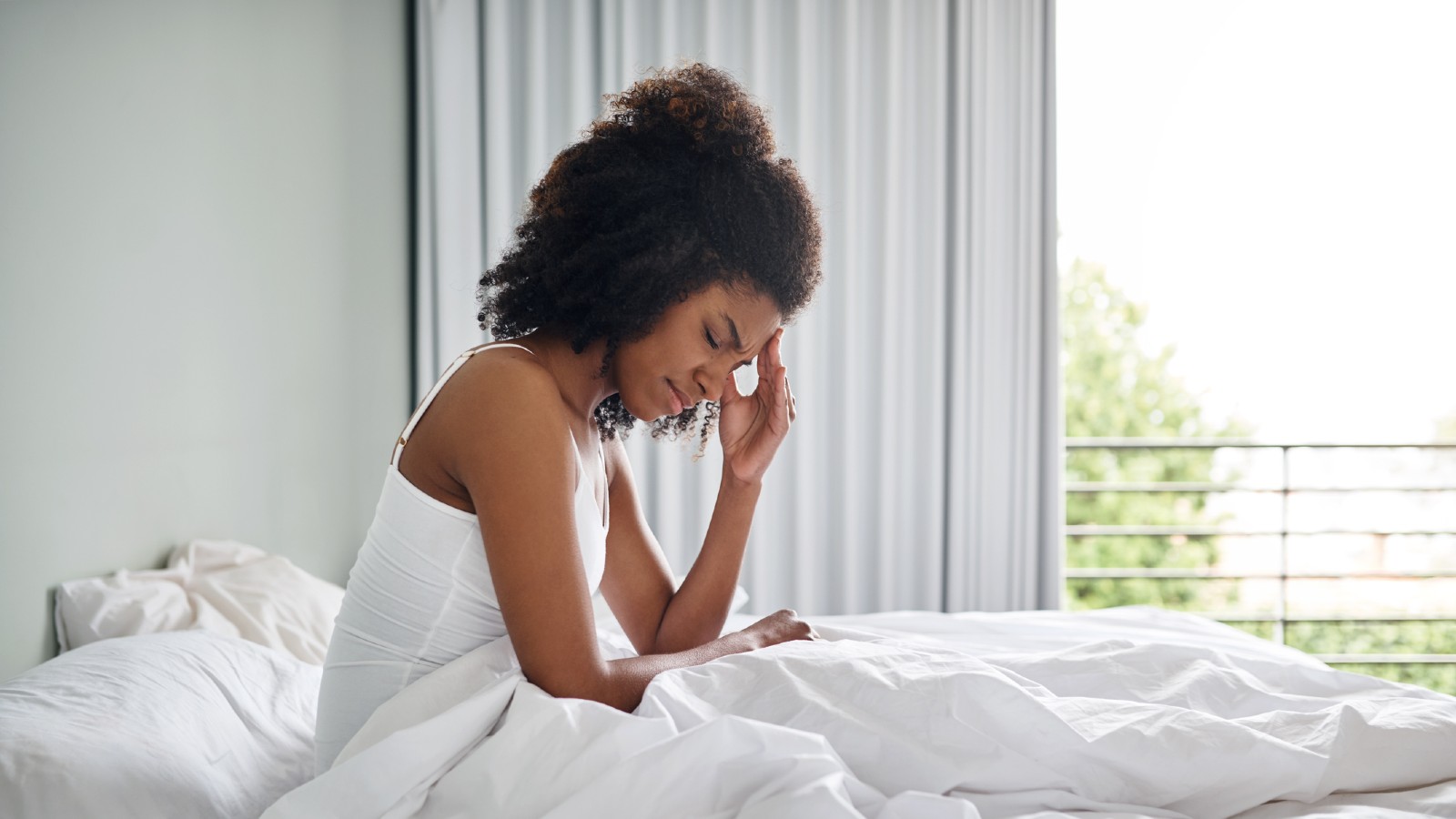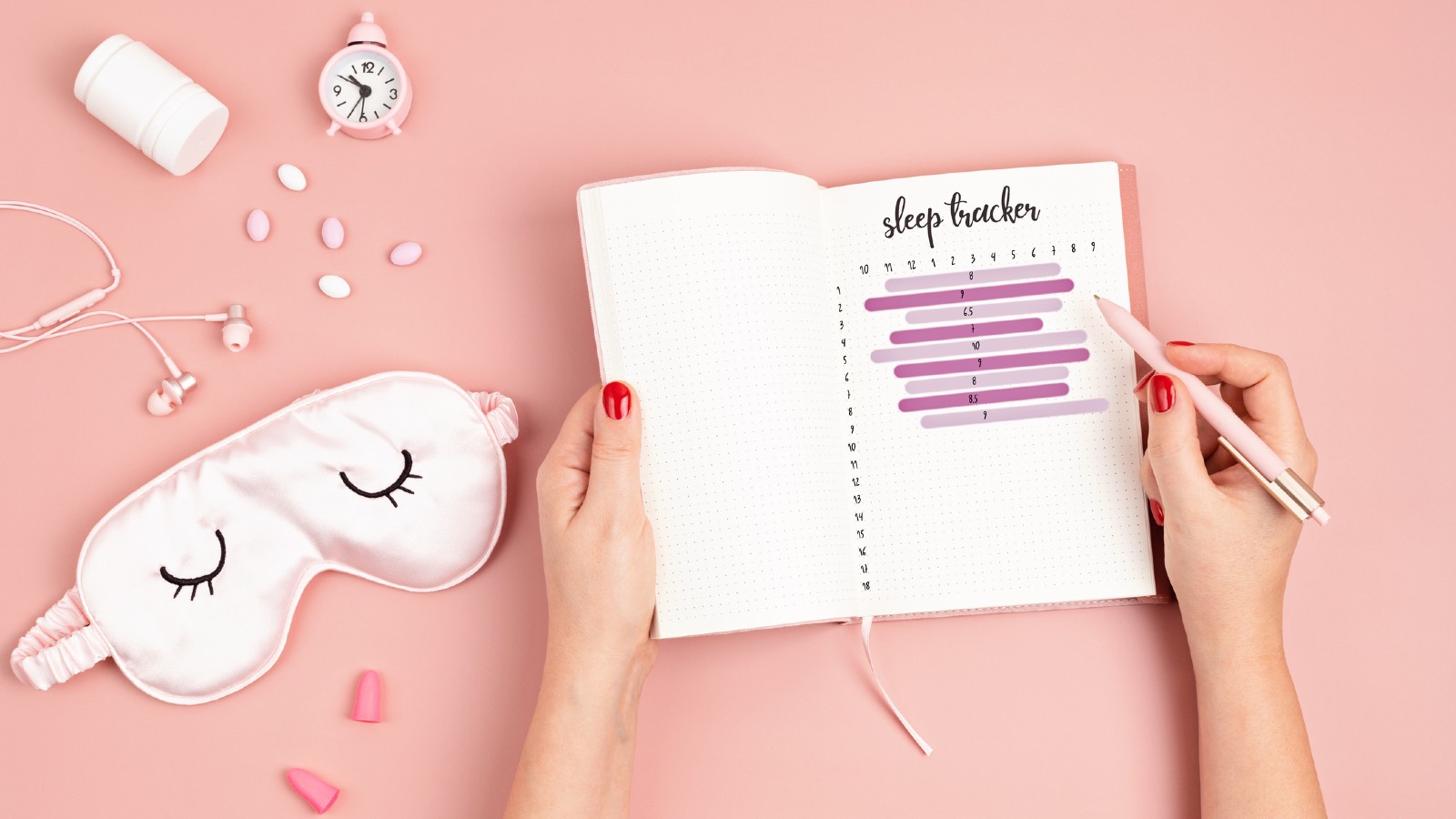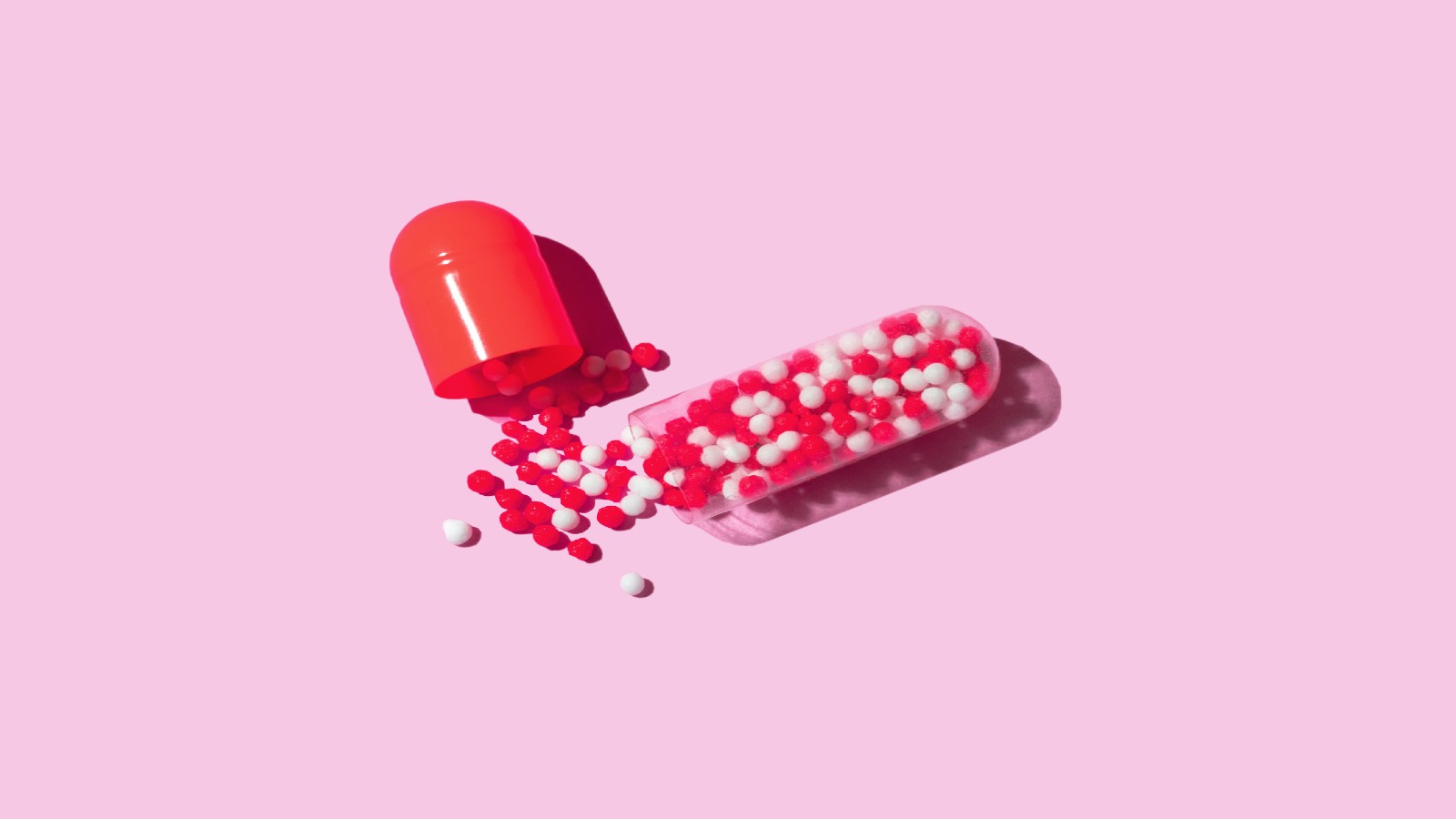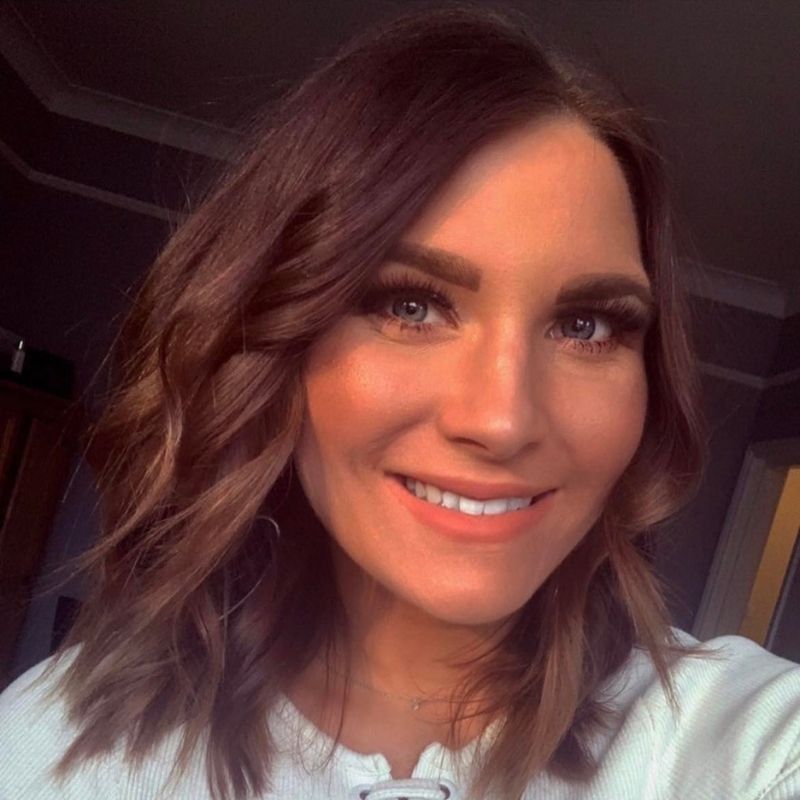Here's why you keep waking up with a headache—and what you can do about it
Constantly waking up with a headache? Our experts explain why this might be happening and how to fix it


Waking up with a headache is more common than you might think. So, if you are experiencing morning pain, which lasts for a few hours, you're not the only one. In fact, research published in the journal, Archives of Internal Medicine, revealed that morning headaches affect one in 13 people over the age of 15.
Whether you're not drinking enough water, you need to invest in one of the best pillows, or you are suffering with a serious sleep disorder, such as sleep apnoea, we asked our experts what you can do to prevent waking up with a headache and how to fix it when you do.
So, say goodbye to feeling groggy when your alarm goes off and hello to feeling refreshed and ready to tackle the day with our expert advice...
What causes early morning headaches and how to fix it
The reason you're waking up with a headache is probably more simple than you might think. These are the common causes and our expert-approved remedies...
- DEHYDRATION
Dehydration is one of the most common triggers for waking up with a headache. It's caused by the brain temporarily shrinking from fluid loss.
Fix it: "Keeping hydrated is the most effective way of avoiding a dehydration headache," says Dr Steve Allder, consultant neurologist at Re:Cognition Health. "Adults should be drinking around two litres of fluids a day–more in hot weather and when exercising, as water is lost through perspiration. If you have chronic daily morning headache you should see your doctor." In a study, headache sufferers were either given a placebo painkiller or asked to drink an additional 1.5ltr of water a day for 12 weeks. Headaches among the patients drinking the water dramatically reduced. - CAFFEINE WITHDRAWAL
"Caffeine acts as a stimulant to the nervous system, increasing alertness and reducing fatigue," says Dr Allder. If you're trying to cut out caffeine and have recently started waking up with a headache, you might be experiencing withdrawal. "This is because caffeine consumption causes blood vessels in the brain to constrict. When we stop drinking caffeine, blood vessels open up and blood flow to the brain increases. The sudden change in blood flow can cause withdrawal headaches."
Fix it: "Despite caffeine withdrawal causing headaches, it can also be used to treat headaches and can also help enhance the power of pain relief," says Dr Allder. "Too much caffeine can trigger headaches and migraines, so it can be difficult to get the caffeine balance right but moderation is the key. If wanting to stop caffeine consumption, it’s recommended to do this gradually rather than drastically to avoid the onset of headaches."

- SLEEP APNOEA
Researched published in the Journal of Headache and Pain found a strong link between waking up with a headache and obstructive sleep apnoea (OSA). "Sleep apnoea is caused by the fatty tissues in the back of your throat falling forwards while you sleep, partially obstructing your airway," says Dr Deborah Lee from Dr Fox Online Pharmacy. This causes your breathing to stop and start while sleeping.
Fix it: The best way to treat OSA is to eliminate the cause. Sleep apnoea, like most other sleep problems can be remedied with simple changes. "This means losing weight, stopping smoking, reducing your alcohol intake, and taking regular exercise," says Dr Lee. "You should also avoid sleeping flat on your back." Investing in a pillow to help prop you up can help. - BRUXISM
Clenching your teeth when you sleep may be the reason you're waking up with a headache. Why? "When you tighten the jaw muscles, you force the jaw joint–called the temporomandibular joint (TMJ)–to shut," says Dr Lee. "These muscles are attached to the skull above and below your jaw. The persistent tension in these muscles, and the neck muscles, can be painful and result in early morning headache. You may also experience toothache, earache, or neck pain."
Fix it: Make de-stressing a priority. Try adding a nightly hot bath into your bedtime routine and aim to go to sleep and get up at roughly the same time each day. Avoiding excess alcohol and trying to cut back on cigarettes if you are a smoker can also help. "Your dentist can fit a mouth guard or a splint which creates a physical barrier between the upper and lower teeth," adds Dr Lee. "You might also find booking an appointment with a chiropractor to be helpful as they can provide jaw massage and realignment if needed."

- ALCOHOL
Waking up with a headache is not uncommon after a night of drinking alcohol. This is because it acts as a diuretic, meaning it makes you pass more urine and if you're not drinking enough water between those glasses of wine, you are likely to become dehydrated.
Fix it: "The best way to prevent alcohol-related headaches is to drink responsibly," says Dr Lee. According to Drink Aware, we should be aiming for no more than 14 units of alcohol per week. This is roughly seven pints of average-strength (4%) lager and nine and one-third 125ml glasses of average-strength (12%) wine. "Make sure this is spread out during the week and have two or three alcohol-free days per week," says Dr Lee. "Drinking plenty of water when you drink alcohol and making sure you don't drink on an empty stomach can also help." - SLOUCHING
If you're guilty of slouching at your desk, you might unknowingly be contributing to morning headaches. Why? According to the NHS, back pain and headaches are commonly linked. This is because poor posture can cause tension in your upper back which throbs in the base of your skull.
Fix it: Try yoga. Gentle movement is a great way to release tension from your body, and in turn reduce back pain. Not a yoga-pro? Fear not–there are plenty of yoga for beginners workouts online.
What is the difference between a morning headache and a morning migraine?
Waking up with a headache is different to waking up with a migraine as, "the symptoms of early morning headaches will vary depending on the cause," says Dr Lee. "For example, a typical tension headache is usually described as a tight band around the forehead, with pain behind the eyes."
"A migraine, however, is typically a one-sided, throbbing, headache, associated with nausea, sensitivity to light, and sometimes neck stiffness. If you have not had a migraine before and are unsure, it's always best to see your doctor for a proper assessment and diagnosis," adds Dr Lee.

Should you take painkillers if you keep waking up with a headache?
It’s not a good idea to take too many painkillers if you're frequently waking up with a headache. In fact, overuse of painkillers can lead to more headaches, as part of the withdrawal symptoms when you stop taking them.
Sign up to our free daily email for the latest royal and entertainment news, interesting opinion, expert advice on styling and beauty trends, and no-nonsense guides to the health and wellness questions you want answered.
"If you start having early morning headaches, it's fine to start by taking paracetamol or ibuprofen as needed," says Dr Lee. "However, if your headaches are becoming frequent and severe, it's important to see your doctor for a proper diagnosis. Once you know the cause of your headaches, you can pinpoint the correct treatment."
How long should a headache last before seeing a doctor?
Follow Dr Lee's tips and advice for seeking medical help if you're consistently waking up with a headache...
See your doctor if you have the following:
- Persistent, severe, or recurrent headaches.
- Headaches associated with nausea, vomiting, light sensitivity, and neck stiffness.
- If you have a headache, but painkillers and rest are not helping, and your headache is getting worse.
At your appointment, the doctor will examine you. Usually, this will mean: - Recording your temperature, pulse, and blood pressure.
- The doctor will examine your nervous system, checking your cranial nerves.
- They may shine a light in your eyes to check your pupil reflexes, and look in your eyes with an ophthalmoscope to check the back of the eye looks healthy.
Call an ambulance or go to A&E if you experience any of the following: - Any headache after a head injury.
- A headache with fever, and neck stiffness.
- A sudden severe headache, aka 'thunderclap' headache.
- If you have any other symptoms with your headache, such as face drop, muscular weakness in an arm or leg, loss of vision or blurred vision, and/or loss of sensation in a limb, or down one side of your body.

Rose Goodman is a health writer across print titles and websites including woman&home.
Prior to pursuing her career as a writer, Rose obtained a degree in psychology and went on to work in adult mental health for five years, specifically working with people diagnosed with eating disorders, anxiety, depression and OCD. Mental health and wellbeing is something Rose feels incredibly passionate about and believes normalising the conversation around mental illness is something we should all actively strive to do.